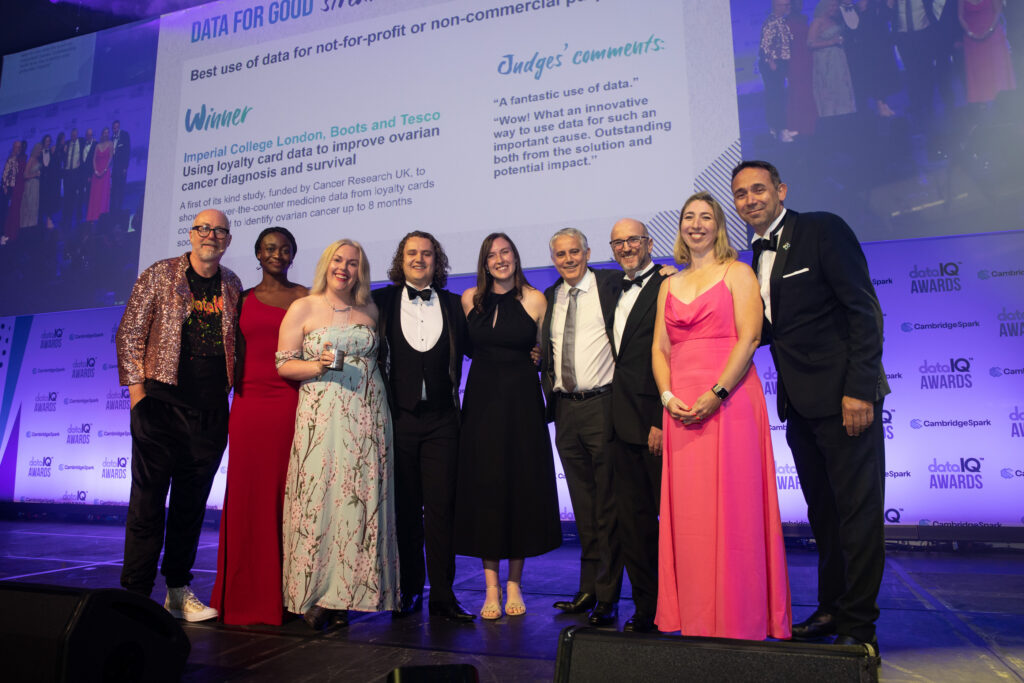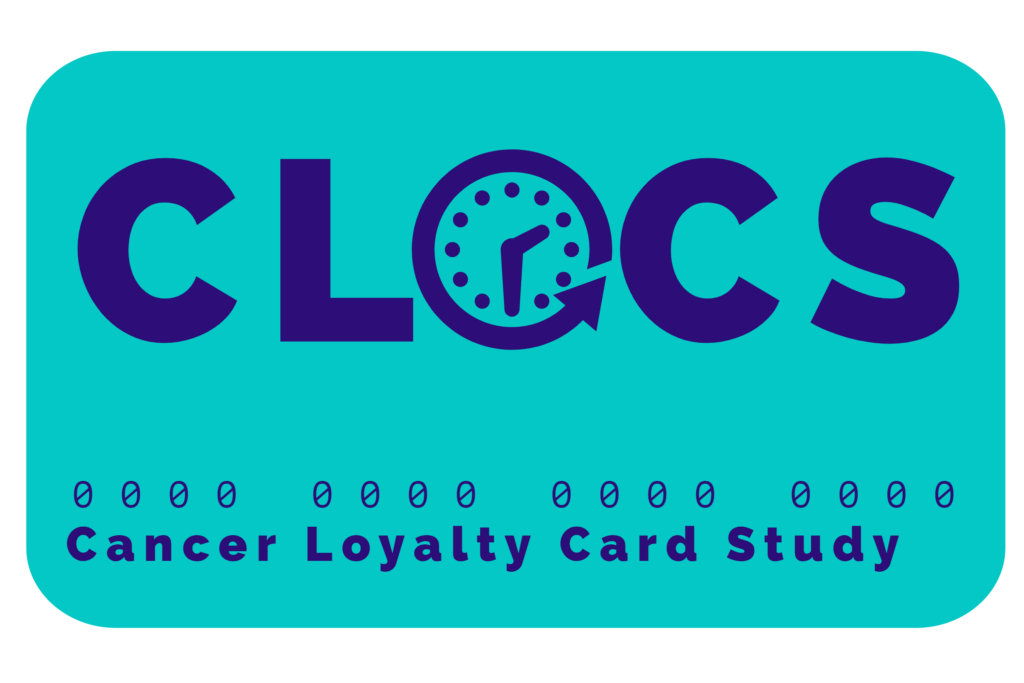How loyalty card data could help spot ovarian cancer earlier
The Cancer Loyalty Card Study (CLOCS) is a pioneering example of how smart data can support life-saving health research. Bringing together researchers from Imperial College London, UCL and the University of Birmingham, the study explored whether consumer shopping data could help flag the early signs of ovarian cancer—the sixth most common cancer in females in the UK.
What they did
With funding from Cancer Research UK and support from two major high street retailers, the research team analysed historical loyalty card data from 273 women – some of whom had been diagnosed with ovarian cancer, others who had not. The goal: to investigate whether purchases of over-the-counter pain and indigestion medicines could reveal symptom patterns before women sought medical help.
Participants also completed detailed health questionnaires, sharing symptoms and GP visit histories to help researchers link behaviours to later diagnoses.
What they found
The analysis was striking. Women who were later diagnosed with ovarian cancer had increased purchases of pain relief and indigestion medicine up to eight months before diagnosis – offering a potential early warning signal for a disease that is often diagnosed too late.
“Our study found a noticeable increase in purchases of pain and indigestion medications among women with ovarian cancer compared with those without. This suggests that long before women have recognised their symptoms as alarming enough to go to the GP, they may be treating them at home.”
Dr James Flanagan, Imperial College London, CLOCS lead researcher
Why it matters
Every year in the UK, around 7,500 people are diagnosed with ovarian cancer, and more than 4,000 die from the disease. One in five diagnoses happens during an emergency hospital visit. Detecting the disease earlier could dramatically improve survival rates.
By combining commercial and health data – under strict ethical safeguards – CLOCS opens up new possibilities for earlier diagnosis, more targeted treatment, and ultimately, lives saved.
“Today, in the digital age, we live with a wealth of data at our fingertips. It’s incredible to think that this innovative study using loyalty cards could help women with ovarian cancer, which is often diagnosed late and mimics the symptoms of other, more benign conditions. This study indicates exciting potential for a new way to detect cancer earlier and save lives.”
Dr David Crosby, Cancer Research UK
Impact and next steps
- The study has featured on BBC News, Sky News, The Times, The Guardian and won the DataIQ Award for best use of data in a not-for-profit or non-commercial setting.
- Researchers are now exploring whether shopping data could help detect other cancers, such as stomach, bladder and liver cancer.
- The long-term goal is to develop a system that could prompt individuals to seek medical advice earlier.

Find out more
CLOCS is a scientific research project funded by Cancer Research UK. Discover more about the study’s findings.
Read more Smart Data Research UK case studies.


Smart Data Research UK would love to hear about your research!
Do you have a smart data case study to share? Contact our team at smartdataresearch@ukri.org to showcase your work.
